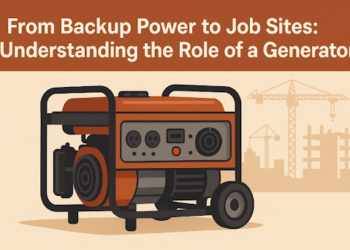Personal injury settlements are a lifeline for many who’ve experienced harm due to the negligence of another
Such settlements aim to compensate the injured for their losses and suffering. Navigating the payout process can be complex and daunting. However, a thorough understanding can greatly ease this journey.
Types of Personal Injury Settlements
There are primarily two types of personal injury settlements: out-of-court settlements and lawsuit verdicts. Out-of-court settlements are mutually agreed upon between the two parties without going to trial. Conversely, lawsuit verdicts result from a court decision. Factors influencing the type of settlement include the clarity of fault, strength of evidence, potential damages, and willingness of both parties to negotiate. If you’re unsure how to proceed it’s best that you call on an Alpharetta personal injury lawyer.
Negotiating a Settlement
Initial negotiations often commence between the injured individual and the at-fault party’s insurance company. Personal injury attorneys play a pivotal role in these talks, leveraging their expertise to secure favorable terms. Equipped with substantial evidence and documentation like medical reports and witness statements, they fortify the injured party’s stance, ensuring the best possible outcome.
Determining the Settlement Amount
Determining the right compensation amount requires meticulous consideration. Aspects like medical expenses, lost wages, pain and suffering, and potential future costs are assessed. Expert opinions, including those from doctors and economic analysts, provide insights into the extent of injuries and projected financial repercussions, ensuring that victims get a fair settlement.
Structured Settlements vs. Lump Sum Payments
Once a settlement amount is decided, the injured party typically has two payout options: structured settlements or lump sum payments. Structured settlements entail periodic payments over time, while lump sum payments provide the entire amount immediately. Both methods have their pros and cons. For instance, structured settlements offer long-term financial stability, but may not cover immediate large expenses.
Legal Fees and Expenses
Pursuing a personal injury claim often comes with legal fees and expenses. Many attorneys operate on a contingency fee basis, meaning they’re paid a portion of the settlement, only if they win the case. It’s crucial for injured individuals to discuss fees upfront, ensuring clarity and avoiding unexpected costs.
Receiving the Settlement
Upon agreeing on a settlement, both parties sign a release and settlement agreement. This document stipulates the payment terms and relinquishes further claims related to the injury. Though one might assume payouts are immediate, the process can sometimes take weeks or even months, depending on the specifics of the agreement. Hence, patience is essential.







